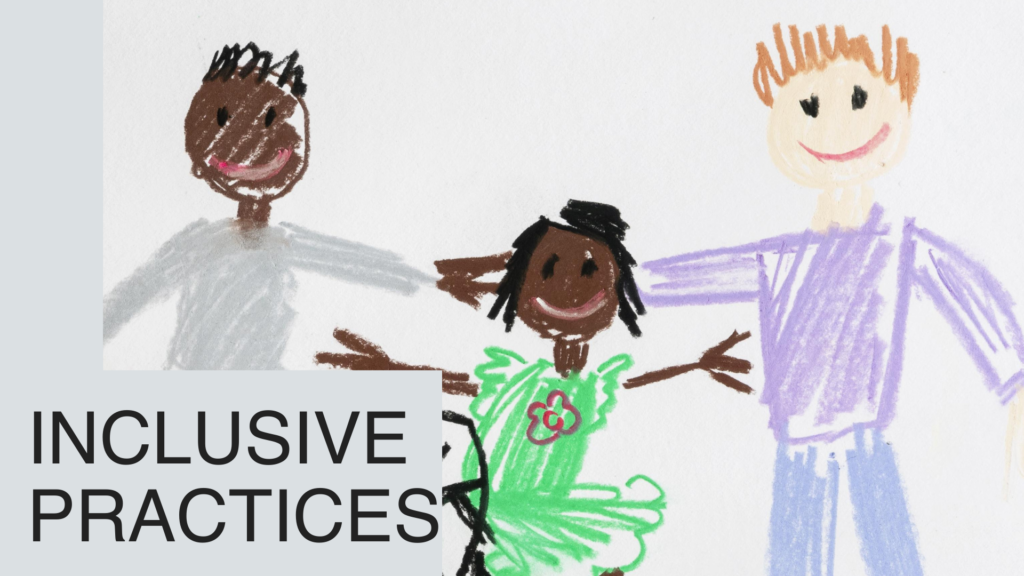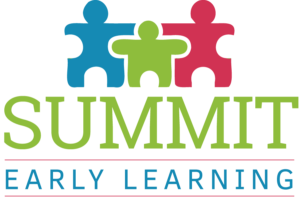
Our goal at SUMMIT is to create an atmosphere that accepts, welcomes, and values all families. The diversity of children and families enrolled in SUMMIT’s programs are not only respected, but embraced and celebrated.
In order to achieve this goal in part, we ensure that each teacher and caregiver understands the unique needs of individual children. We also partner closely with parents from the time that they indicate interest in enrolling their child.
It is important to us that we provide a safe and supportive environment from the moment that the child enters the classroom or other setting. Individual staff receive specific training on how to meet the unique needs of children in their care (developmentally appropriate practice).
Our partnerships with local Intermediate Units and other agencies that provide early intervention evaluations and services for children ensure that children and their families are able to access the services deemed most appropriate and least restrictive.
All staff are educated to recognize early indicators of developmental delays and disabilities as well as the process for partnering with their assigned Disabilities and Mental Health Specialist, if a referral for evaluation for Early Intervention services is requested by the parent or warranted based on screenings that are provided to all children.
When a child is identified, evaluated and found eligible for early intervention services through their local Intermediate Unit, our agency supports parents in their role on the early intervention team. Together, the team designs an Individualized Family Service Plan (IFSP) or an Individualized Education Plan (IEP).
IFSP and IEP goals and objectives are included in daily lesson plans and in weekly home visit plans. Lesson plans are adapted if needed and progress is monitored by a member of the disability services team, who also observes classrooms to provide feedback and support for staff in providing safe and inclusive settings.
Disability and Mental Health Specialists support classroom teachers and teaching teams in identifying the goals, strategies, and accommodations from the IFSP/IEP that are recommended for the classroom.
We are committed to working closely with parents and early intervention professionals so that seamless services are provided, not only in the child’s best interest developmentally, but also that meet the needs of the family and the program.
